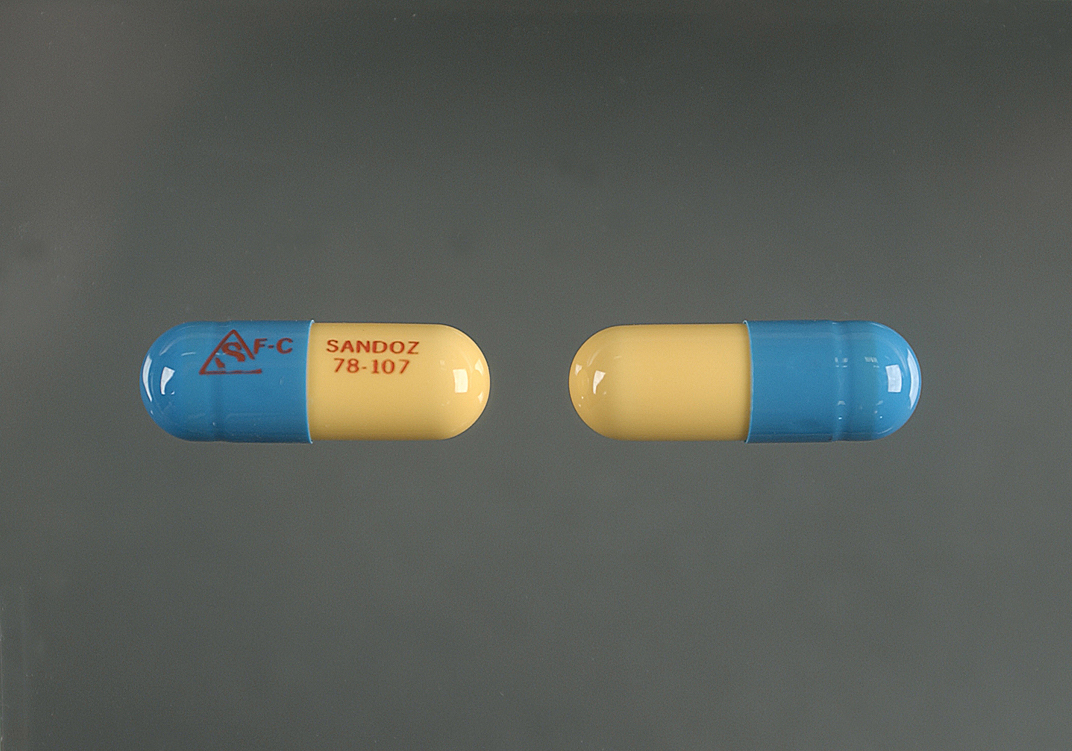Barbiturate << bahr BIHCH uh rayt or bahr BIHCH uh riht >> is any of a group of drugs used to calm people or make them sleep. Barbiturates reduce the activity of the brain and the rest of the nervous system. Regular use causes addiction (physical and mental dependence). An overdose can cause death. In the United States, these powerful drugs can be obtained legally only with a prescription.

Barbiturates are made from barbituric acid. Barbiturates are usually sold in capsule or tablet form, but they are also available in powder or liquid form. Barbiturates vary in structure and strength, and in the duration of their effects.
The first barbiturate used in medicine was barbital. It appeared in 1903 under the trade name Veronal. The second, phenobarbital, was introduced in 1912 under the trade name Luminal. Today, physicians in the United States use more than 25 kinds of barbiturates.
Medical uses.
Small doses of most barbiturates calm people, and larger doses help bring sleep. The barbiturates most used for these purposes include amobarbital (Amytal), pentobarbital (Nembutal), secobarbital (Seconal), and a variety of combinations. Surgeons use thiopental and a few other barbiturates as anesthetics. Phenobarbital and some other barbiturates with long-lasting effects are sometimes used to help prevent epileptic seizures.
Dangers of barbiturates.
An overdose of a barbiturate can cause coma or even death. A person who has taken an overdose needs prompt medical attention. A physician should be called immediately. While waiting for the doctor, the patient—if conscious—should drink several glasses of milk or water and should be forced to vomit. Strong coffee or tea may also be given. If the patient is unconscious, the doctor may have to administer oxygen and injections of a stimulant, a drug that increases the activity of various organs. See First aid (Swallowed poisons).
Some people take large amounts of barbiturates to escape tension. Such doses produce intoxication similar to that caused by alcohol. Users’ speech becomes slurred, and their coordination and judgment become poor. People who regularly take large doses of barbiturates develop an addiction. When addicted people try to stop using barbiturates, they suffer convulsions, body twitchings, and severe nervousness. Sudden withdrawal from the drugs can cause death. People can end their dependence on barbiturates only by gradually reducing the amount they take.
See also Drug misuse; Sedative.
